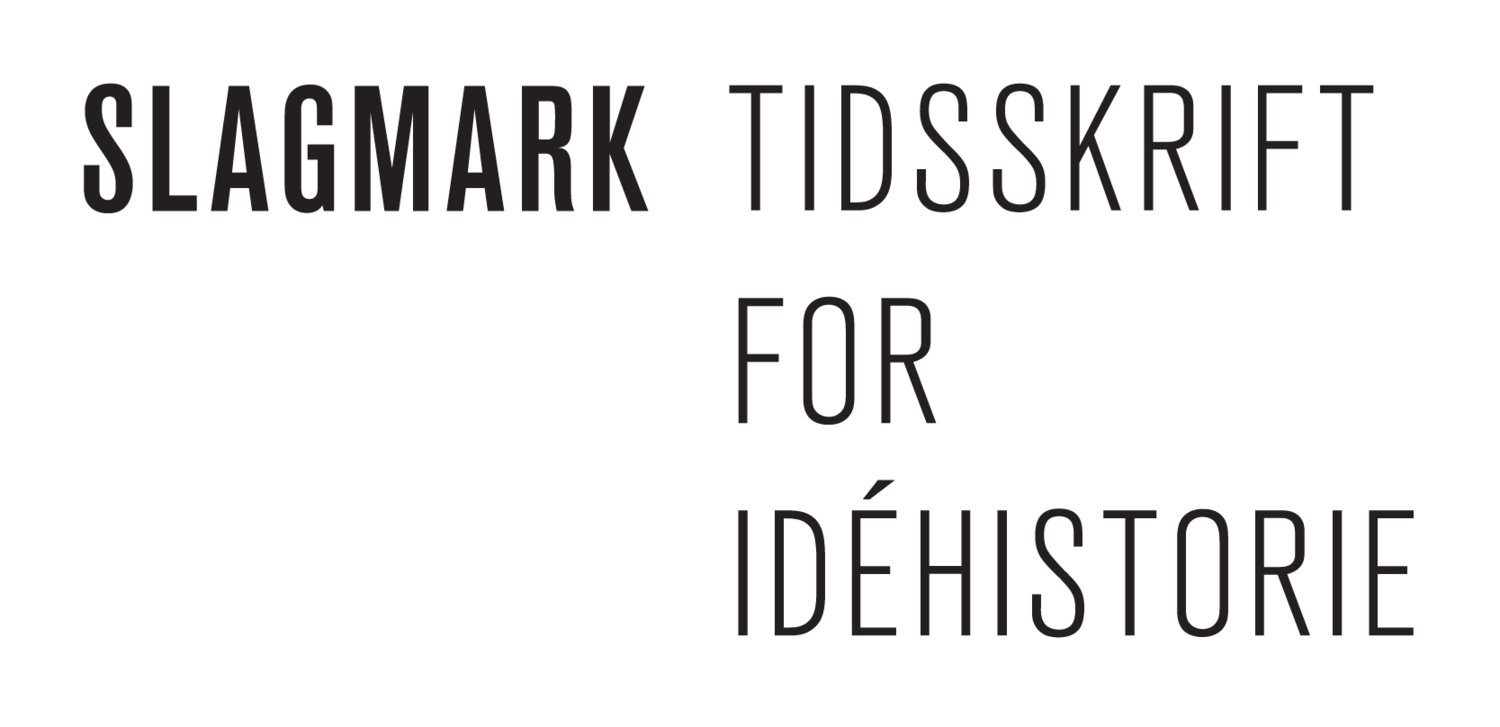Billede genereret af Rithma Kreie Engelbreth Larsen med Bing AI Image Generator. Beskåret af redaktionen.
English abstracts #87:
Nina Toudal Jessen: From Tree to Forest and Economic Growth: 19th Century Scientific Forestry in Denmark
This article argues that the development of a normalised forestry and standardised forestry is deeply dependent on the use of measurements and quantification. But it could not change without arguments about what science of forestry was, and what it should be. The article therefore has two foci: Firstly, what made Reventlow's dissertation scientific. Secondly, how was his scientific work received and accepted?
The debates reveal how foresters focused on economic yield and sustainable forests. Both the development of a science of forestry and the normalised forest are therefore interwoven in different interests. There were different views on the use of the forests as well as different opinions on what calculating the yield could bring to the administration of the forest. Thus, building on the conceptual framework developed by Lorraine Daston and a broader scholarship within the History of Science, the article expands the analysis of the development of forestry as a science to include the use of it’s scientific arguments in a discussion of state economy.
Keywords: History of science; forestry; representations; objectivity.
Viktor Carl-Magnus Andersson: Deep-sea trawling and epistemic virtues in Scandinavian deep-sea explorations during the post-war period
This article investigates deep-sea explorations within marine biology and their role in shaping contemporary notions of the deep seas in postwar Scandinavia. What were the implications of hauling life forms from depths of several thousand meters up to the surface? I demonstrate that this constituted a particular epistemological situation that in new ways intersected epistemic virtues and historically specific conditions of notions of wonder and surprise.
Keywords: Epistemic virtues, deep-sea biology, knowledge circulation, Intellectual history of oceans, history of science.
Casper Andersen og Martha Fleming: Exploring the colonial archive in Denmark's National Herbarium
I this article we demonstrate how innovative approaches developed in Lorraine Daston's research inspire our ongoing studies of Denmark's National Herbarium (DNH), housed at Denmark's Natural History Museum in Copenhagen. The article focuses particularly on Daston's concept of the 'archive' as place and practice in the sciences and her work specifically with the history and epistemology of natural history. The herbarium is particularly rich in plants from Denmark's former colonies and we show how the inspiration from Daston can be combined with approaches from the historiography of colonialism that open up the colonial and political contexts, which form an important part of the history, development and current importance of Denmark's National Herbarium.
Keywords: Herbaria; colonialism; historical epistemology; archives; Lorraine Daston.
Valdemar Nielsen Pold: “Invoke for the Soul Ancient Spirits!” Conceptions of History in H.C. Ørsted’s Luftskibet (1836)
The article explores why H.C. Ørsted (1777–1851) uses fictionality in his collection of poems The Airship [Luftskibet] from 1836. By combining Lorraine Daston’s work with Richard Walsh’s theory of fictionality, I argue that contemporary discussions on the historical role of science and scientists played a role in Ørsted’s use of fictionality. Through fictionalizations, Ørsted establishes his understanding of history by – as he writes – invoking ancient spirits for the soul. The article presents analysis of two poems from The Airship, “Oldtid og Nutid” and “Aerostaten,” and shows in which way conceptions of history played a role in Ørsted’s use of fictionality.
Keywords: H.C. Ørsted; The Airship; fictionality; Lorraine Daston.

